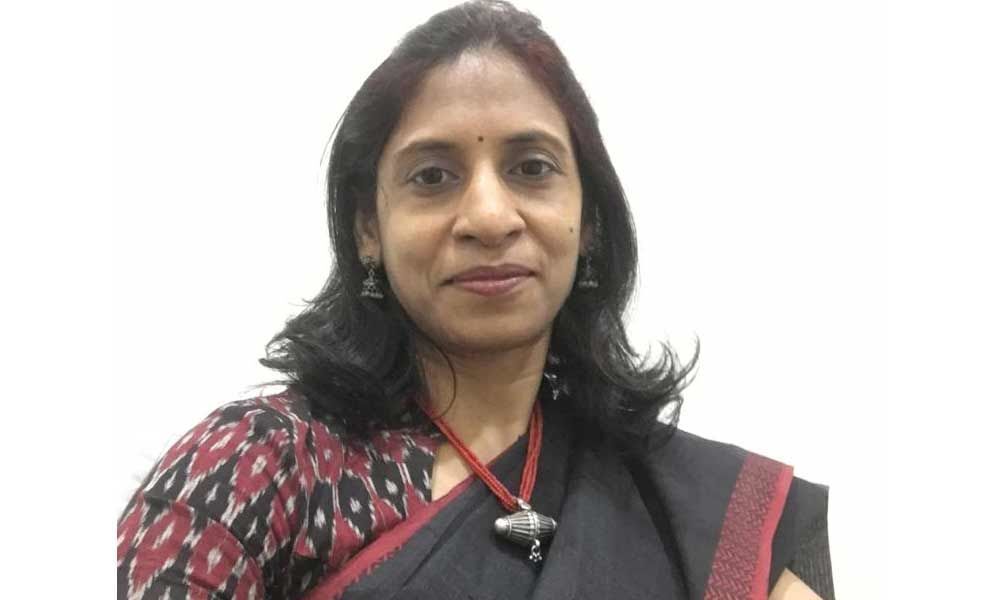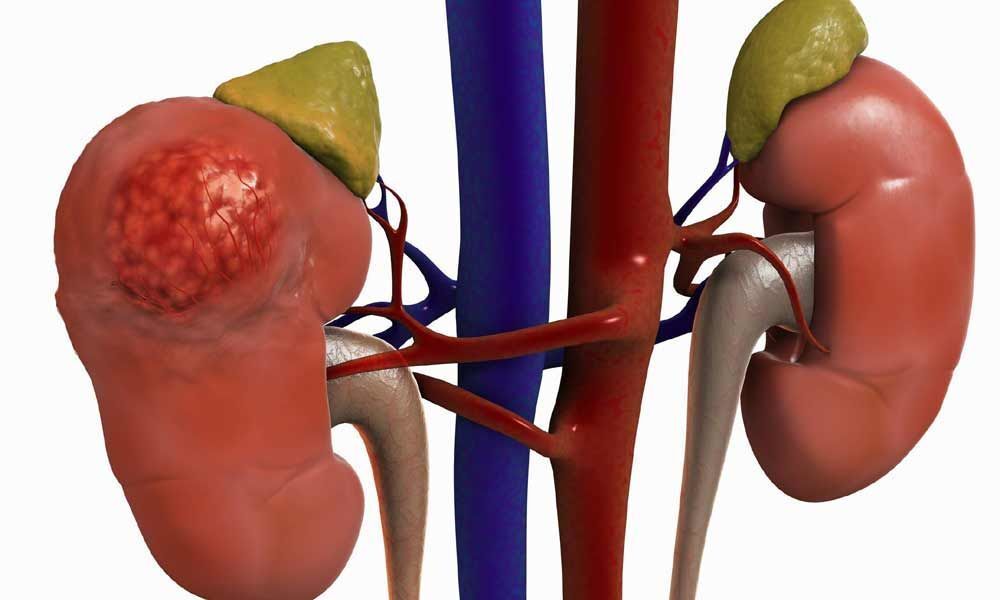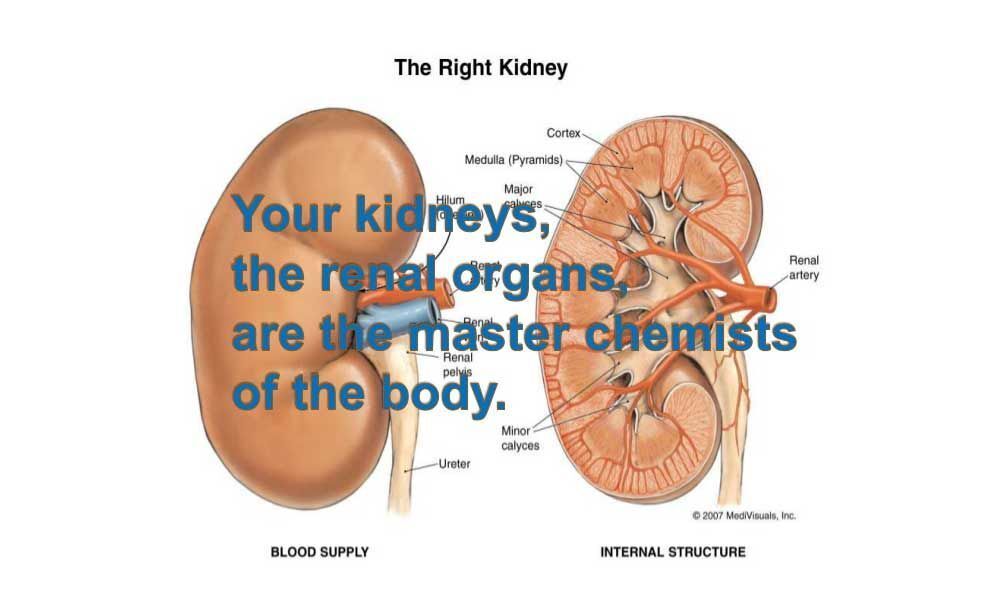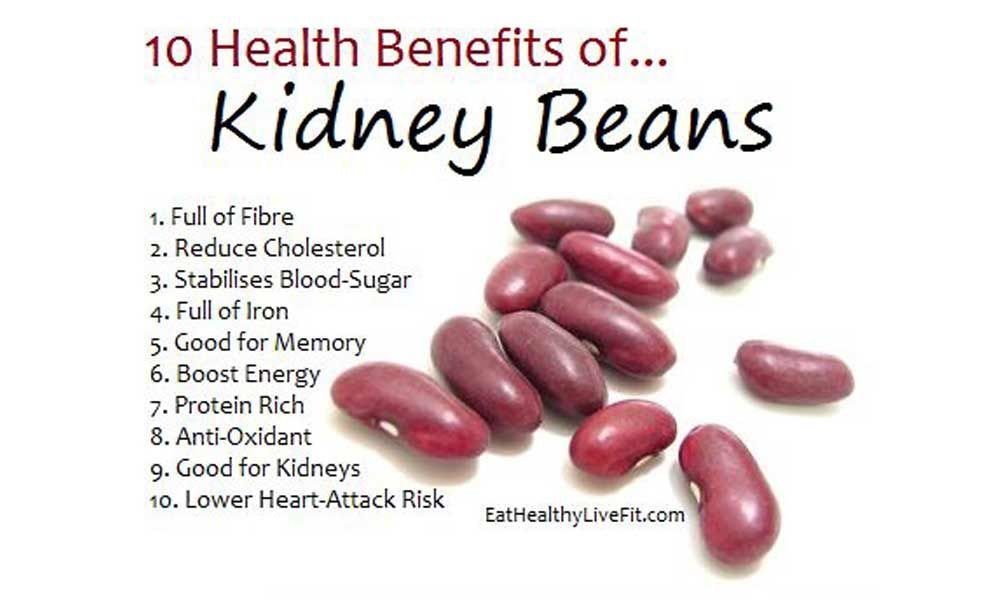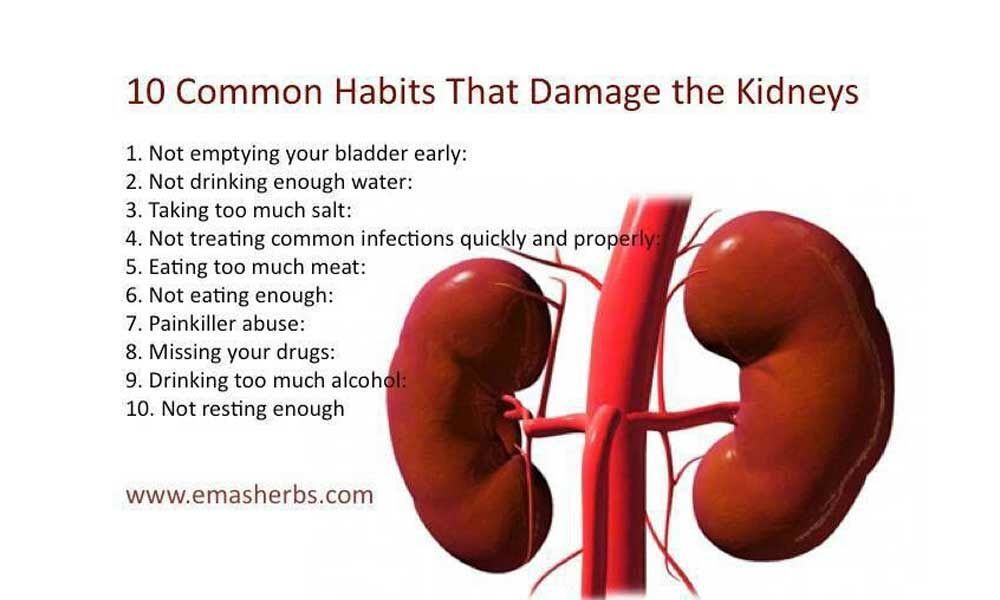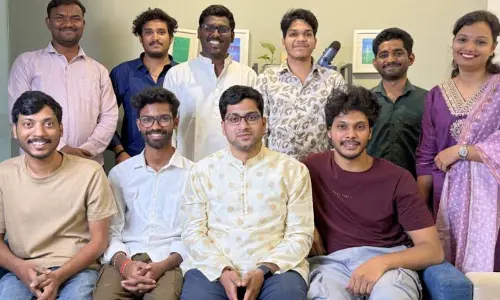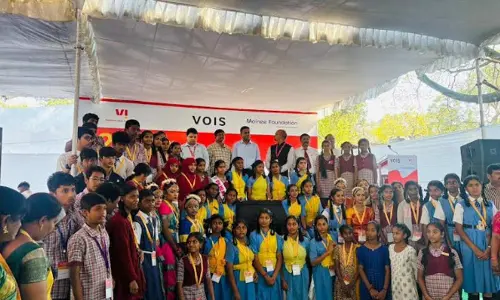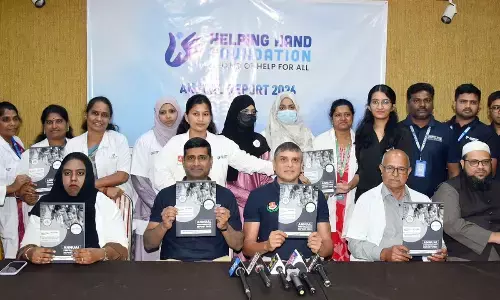Keeping kidneys healthy
Around 850 million people worldwide are estimated to have kidney diseases from various causes.
Hyderabad: Around 850 million people worldwide are estimated to have kidney diseases from various causes.
Chronic kidney disease (CKD) causes at least 2.4 million deaths a year and is now the 6th fastest growing cause of death.
AKI (Acute kidney injury) is an important driver of CKD, affects over 13 million people worldwide and 85% of these cases are found in low and middle-income countries.
Around 1.7 million people are estimated to die annually because of AKI.
Acute kidney injury (AKI) is said to occur when the kidneys fail temporarily, but one can manage to recover ultimately with supportive treatment with or without hemodialysis.
Chronic kidney disease (CKD) is when the kidney disease progresses slowly over a period of time, usually 5-10yrs resulting in complete loss of renal function.
End stage renal disease (ESRD) occurs when the kidneys have completely lost their function and these patients require treatment in the form of Renal Replacement Therapy (RRT) for survival.
The treatment of ESRD/ End stage renal disease, i.e RRT consists of Hemodialysis (HD), Continuous ambulatory peritoneal dialysis (CAPD) and renal transplantation.
Renal transplantation is the best of the above but only 1% of ESRD patients receives a transplant.
In many settings, kidney disease treatment is inaccessible due to e.g. high costs, lack of infrastructure and of specialized health care professionals.
In Telangana, the government is providing free hemodialysis to ESRD patients under the Arogya Sree scheme due to which previously inaccessible and expensive dialysis treatment is now available to the needy.
Early diagnosis, prevention and delay of progression are sustainable options to reduce costs and consequences of kidney disease for individuals and countries.
Screening for kidney disease should be advised for all individuals with diabetes, hypertension, family history of kidney disease, past episodes of AKI, women with PIH (Pregnancy induced hypertension) and proteinuria (protein loss in urine).
In general, for prevention of kidney disease, a healthy diet with reduced refined and processed food, daily physical activity, maintaining ideal body weight, controlling blood sugar and blood pressure are advised.
Those with CKD should consult their nephrologist periodically as drugs and diet therapy with ketoanalogue supplementation prescribed by nephrologist delay the progression of kidney disease. (Writer is Consultant Nephrologist, MD & DM, Aster Prime Hospital)


